While we wait for today’s fateful decision in the Diamond Consignment Sale matter, let’s look at where some other matters stand. And for those who might be coming in late (god help you) here’s a quick primer:
OLD DIAMOND: Diamond that was run by Steve Geppi and the familiar faces up until January 14th, when they filed for bankruptcy.
ZOMBIE DIAMOND: The company that began starting on January 14th, run by bankruptcy administrators, mainly Robert Gorin, the chief administrator.
NEW DIAMOND: A company that came into existence on May 16th when the sale of Diamond Comic Distributors closed to Sparkle Pop LLC, a holding company under Ad Populum, owned by Joel Weinshanker
CONSIGNMENT SALE: A plan filed by Zombie Diamond to sell their inventory – much of it held in consignment from publishers – in order to pay off their $49 million debt to Chase Bank.
Parties objecting to the Consignment Sale:
• The Ad Hoc Committee of Consignors, consisting of Ablaze, American Mythology Productions, Avatar Press, Battle Quest Comics, Action Lab, Drawn & Quarterly, Fantagraphics, Green Ronin, Hermes Press, Living the Line, Paizo, Udon and Zenescope.
- The Consignment Group: a second group of publishers, consisting of Aspen, Black Mask Studios, DSTLRY, Dark Horse, Dynamic Forces/Dynamite, Heavy Metal, Magnetic Press, Massive Publishing, Oni-Lion Forge Publishing, Panini UK, Punk Bot Comics/Alien Books, Titan Publishing, and Vault Comics.
- The GAMA group: A group led by gaming organization GAMA consisting of Skyscraper Studios, Roll for Combat, Liminal Esports, and Snowbright Studio
All three groups (and a few individual publishers) had objected to the Consignment Sale, but all have slightly different arguments.
And it will all be decided today. But first:
IMAGE SETTLES BUT DOESN’T PAY
As first reported here, Image Comics and Diamond agreed to a settlement, and one that seems quite favorable to them. Rather surprisingly, Image is not buying back its inventory – we’ll get to why in a moment – but will pay to remove and transport the inventory. And it’s not the entire inventory but rather a “Primary List” and a back-up list of alternative inventory, which Diamond will sort out and make available. And rather crucially:
-
Holding Return Inventory. Pending the pickup of the Return Inventory, neither the Debtors nor any other party shall sell, dispose of, or otherwise transfer any of the Return Inventory until it has been returned to Image on the Designated Pickup Date.
Whatever is left in inventory will be the property of Zombie Diamond, and they can sell it as they see fit.
Just speculation here, but all of the consignors have a lot of old inventory stored at Diamond, and some of it may not be worth retrieving. In other words, Saga collections, yes, Bloodstrike, no.
As for why Image did not have to buy back its inventory, Brett Schenker at Graphic Policy has an investigation. Basically, Image’s contract with Diamond had different terms from most other publishers. Language such as the following:
WHEREAS, Diamond desires to use consigned Products to facilitate sales to non-exclusive (i.e., comic book specialty retail customers, “direct market” or “direct sales” of the Products) US customers of Image that Diamond would otherwise purchase from Image’s exclusive US distributor.
While this has to do with Diamond selling Image comics as a wholesaler/sub-distributor (Lunar is Image Comics’ exclusive distributor), a few of the other publishers involved also had exclusives elsewhere, notably Dark Horse and DSTLRY.
Image’s contract goes all the way back to 2023 however. Again, my own speculation here, but Image might have had its own concerns about Diamond and specifically put in language more favorable to them. And it paid off.
THE CASE OF THE MYSTERY COMIC BOOK DISTRIBUTOR
As events have unfolded over the last eight months, several puzzling things have happened. And they may have a huge bearing on the legal issues.
One of the key arguments from the Ad Hoc Committee in moving to stay the consignment sale is that their contracts had not been reassigned to “new Diamond” and yet comic books continued to be sold. Their evidence for this was a letter from Diamond to publishers stating that “”Zombie Diamond” would no longer be responsible for sales after the May 16th sale to Sparkle Pop and Universal closed. From the motion to object:
Accordingly, the May E-Mail indicated not only that Diamond was “operating under the ownership” of its purchaser Sparkle Pop (the subsidiary of Ad Populum), but misled Consignors into thinking that the Asset Sale to Sparke Pop was actually a sale of ownership, because it indicated that Diamond continued to operate under the ownership of a new buyer. Worse, the May E-Mail confirmed that Ad Populum was financially responsible for the payments of the Consignors stock, but Ad Populum never took assignment of the Consignors’ executory agreements. The May E-Mail confirms that the Stock continued to be sold by someone after the Sparkle Pop and/or UDL sales closed, but it is unclear who is selling the Stock. The Debtor has confirmed that it has not sold stock after May 15, 2025, but has declined to voluntarily provide any information to the Consignors as to who sold Stock after May 15, 2025, which Stock was sold, or what payments remain due and owing to the Consignors on account of the sales. The Debtors have declined to voluntarily provide any information to the Consignors as to how any party other than the Diamond Distributor Debtor could sell Stock without a properly assumed and assigned agreement to do so.
In the above the word “someone” is doing a lot of heavy lifting. And now we come to what I would consider the second great mystery of all of this (the first being why the Alliance Entertainment bid was rejected). Why has “someone” – presumably Sparkle Pop/”New Diamond” – been selling comics but not paying publishers? A story at Blding Cl called “Ad Populum Can’t Yet Deal Directly with Diamond Consignment Vendors” suggests that their hands were tied by the legal wrangling:
An executive at Ad Populum, the company that purchased Diamond Comic Distributors, has confirmed to Bleeding Cool that Ad Populum has been restricted from dealing directly with any consignment vendors and has had to go through the bankruptcy estate for everything, including any correspondence. And that Ad Populum sincerely hopes that this changes very soon.
This is, as far as I’m aware, the closest to any statement about why no payments have been made. It does seem to contradict what was said in that letter, however, and also against the act of “buying” substantially all the assets of Diamond Comic Distributors.
But it seems the confusion about why and how these sales went through was also felt by “Zombie Diamond.” The evidence for this comes in a transcript of an August 5th hearing before Judge David E. Rice to decide when the consignment matter would be decided. Brett Schenker at Graphic Policy, once again, has this transcript and commentary.
Update: Actually this transcript was entered into evidence in a filing by Diamond Comics on the 15th. Very useful! It is very, very curious that this transcript was made available, as they are normally sealed for 90 days. (A third mystery?) Indeed, when I tried to download my own copy, it was seemingly no longer available. This transcript is full of many juicy details, however, as Schenker’s title suggests: Diamond Throws Ad Populum Under the Bus and More in a Released Transcript. As the Debtor’s lawyer, Paige Topper puts it, Sparkle Pop has not given them any information about the sale even though the money from it is supposed to go back to “the estate” (Zombie Diamond):
In discussions with certain Objectors, the issue of whether the Debtors are continuing to sell consigned inventory today has been raised. So, I want to be very clear for the record that the Debtors are not currently selling consigned inventory, and they have not sold any consigned inventory since the closing date of the sales of substantially all assets to the two purchasers, Universal and Sparkle Pop. The Debtors have become aware of the fact that Sparkle Pop, one of the purchasers of some of the Debtors’ assets, has been selling consigned inventory on or after May 16th. The Debtors promptly notified Sparkle Pop, both the principals at Sparkle Pop and Sparkle Pop’s counsel, to immediately stop any sales as to the consigned inventory because consigned inventory was explicitly excluded from the acquired assets under that APA.
The Debtors have sent several written communications to Sparkle Pop’s counsel and have verbally informed both the principals at Sparkle Pop and their counsel that they’re not to be selling the consigned inventory, that it’s in violation of the APA, and the Debtors have demanded that the proceeds of any such sales be remitted back to the Estates. Sparkle Pop has yet to respond to the Debtors’ various outreach. However, the Debtors are aware of the issue. We’re not hiding the ball there. The Debtors continue to raise this issue with Sparkle Pop and will continue to take the appropriate action to recover amounts realized by Sparkle Pop from the sale of any inventory on or after May 16th. So, this has been a topic in the informal discussions. The Debtors have provided information on this topic as it has been requested to the objection — to — as it has been requested by the objecting parties. So, we’re aware of it. We’re working to resolve it. We’re providing the information relating to that issue as it’s requested.
At this point we can only insert this image:

All of the parties were concerned about the mysterious sale of the consignment inventory. As Craig Palik, arguing for the Consignment Group put it:
We’ve also been concerned, because as we’ve sent this discovery out to our clients, many, many of them are concerned that their consignment goods are being sold illegally at this point, without permission. The concern was whether the Debtor was doing it, whether Sparkle Pop was doing that. It appears that perhaps it’s Sparkle Pop, based on the representations today. We received a representation in an e-mail yesterday in response to an inquiry received that’s saying that neither Debtor nor Sparkle Pop was selling any of these consigned goods, but many of my clients have received, I believe, solid evidence of the fact that that’s going on.
Image’s lawyer also brought this up at the hearing:
As we have just become aware since the last time we were with Your Honor, we did ask for informal production of discovery from the Debtor, which we got last week. When we received that information, it became apparent all of that information only runs through May 15th, which is the day that the sales to Sparkle Pop and Universal closed. The Debtor has not provided any information for any sales prior — or subsequent to May 15th, and yet we know there has been a significant, significant amount of property sold by, we believe, Sparkle Pop. That the Debtor has not produced any information. Ms. Topper mentioned that there has been a demand made. Your Honor, when we reviewed the Sale Order and the subsequent — the Bid Procedures Order, as well as the subsequent Sale Orders approving these sales, in particular to Sparkle Pop, we confirmed that none of my clients’ Consignment Agreements had been assigned to any party.
Immediately after May 16th, many retailers were still ordering from Diamond, and we know that publishers were still receiving notifications of sales – Dynamite’s request for more than $500,000 in sales is proof of that. As word got around that publishers weren’t getting paid, most retailers stopped ordering from Diamond, however, so these sales have slowed to a tiny trickle.
The transcript of the August 5th hearing contains some other human interest, among pages and pages of tedious to the lay person legal argument. Judge Rice delivers some of the quirky wisdom we’d expected to hear based on years of watching judges on TV. For instance, the heart of Zombie Diamond’s argument is that the consignors didn’t file UCC-1 forms- That’s Universal Commercial Code papers. In response to all the argy bargy, Judge Rice asks:
THE COURT: Well, let me ask you this. Long ago, I was here in this courthouse as the law clerk to the Honorable Harvey Lebowitz, who’s overlooking the proceedings here from the wall. And at that time, it seemed like every other hearing involved application of the Uniform Commercial Code. And when I came back to the bench, I thought that that might continue to be the case. And to my surprise, I don’t think I’ve had to figure out the application of the Uniform Commercial Code in 14 years and one more than one or two cases. So, I don’t profess to be an expert. But I’m puzzled about how this Debtor, if the UCC, as I understand what it is, as it applies to consignment, how this Debtor, which was, by all accounts, a major and dominant player in the, let’s just call it comic book, industry, and it had 120, by the Debtor’s count, I believe, consignment vendors. How can it be that this Debtor was not known in the trade to be selling goods on consignment from others? And how could it be that the Lender wasn’t aware of that? And why is this going to take a long period of time to establish at trial? Why do I need all this evidence?
There’s also this exchange with Z. Diamond’s lawyer when Judge Rice complains that monthly operating reports filing have been tardy:
TOPPER: Diamond Comic Distributors is, I believe, two months behind on filing monthly operating reports, Your Honor. I believe we expect to file May today with June to follow.
THE COURT: Why can’t these things be filed on time? I mean, it just doesn’t create an atmosphere of — for the parties of the Court feeling that there is transparency in accounting here.
TOPPER: Understood, Your Honor. And it is raised frequently. The Debtors have a situation where there is one person responsible, really, for the bulk of the data.
THE COURT: I mean, what can be more important in a Chapter 11 bankruptcy case than the Creditors and the constituents who are interested in this case and the Court having confidence in the numbers? The fundamental thing about prosecution of a bankruptcy case, the first priority. I don’t care about, yes, all these other things about the business, they’re important. But if you can’t convince the Court that your numbers are accurate, you have nothing.
You have nothing indeed. Given the HUNDREDS OF HOURS that bankruptcy administrator Getzler Heinrich has spent dealing with this matter, maybe they could spare a few to figure these things out.
Elsewhere in the proceedings, Judge Rice refers to everything going on as “chaos” and he’s absolutely right about that.
In regard to all this, I’ll state again, I’m not a lawyer, and reading all these filings and motions convinces me I could never be one. So I can’t make any guesses as to the legal standing of all the arguments. But it does appear that Judge Rice is tired of all the waffling and weaseling. Sadly, no matter what is decided today, there is yet more waffling and weaseling to come – even if the consignment DOESN’T go through, there’s still the matter of figuring out WHO sold those comics and WHERE is the money. And, given the way things have gone thus far, all of that will take lots more court proceedings to untangle.




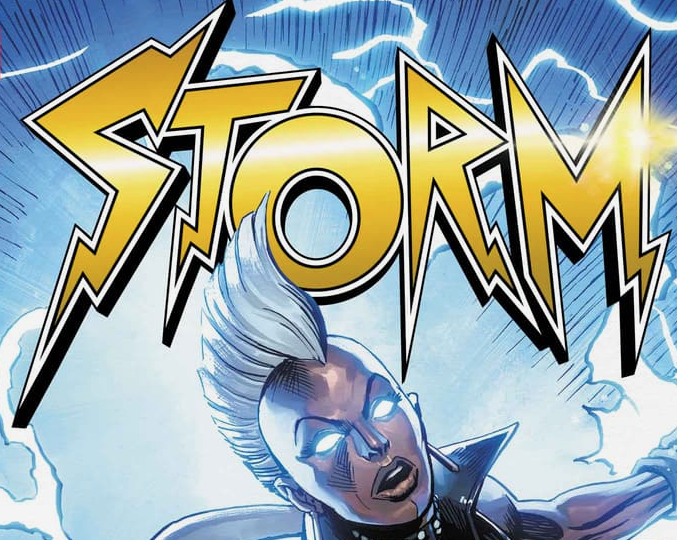
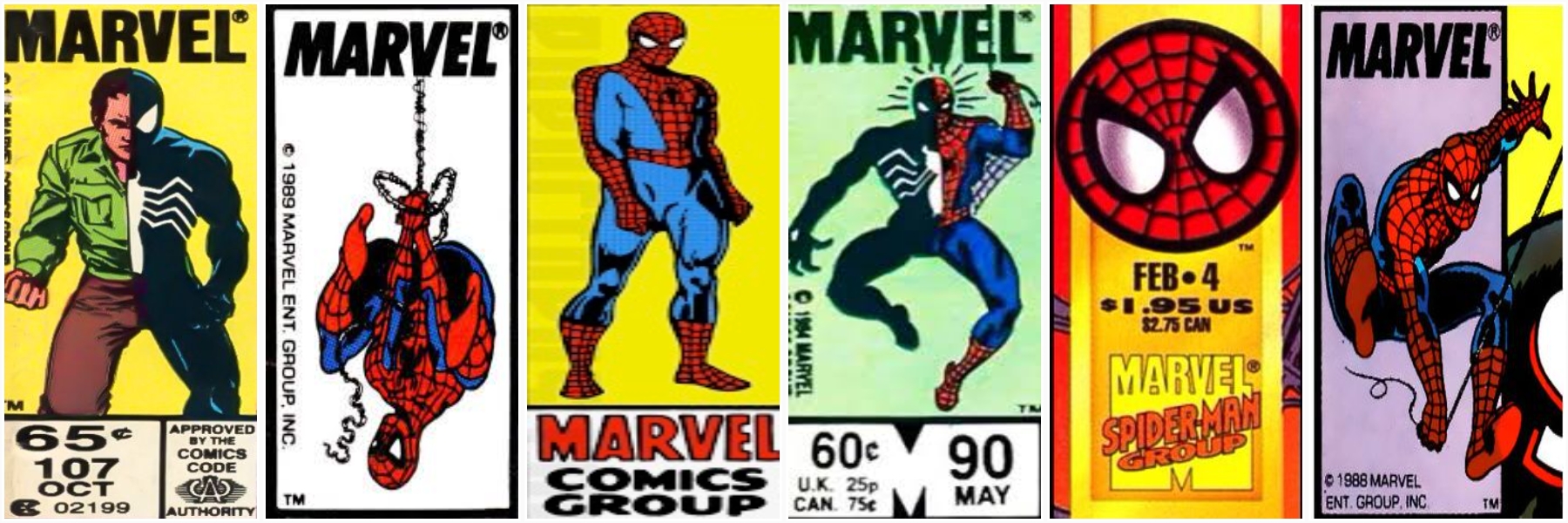

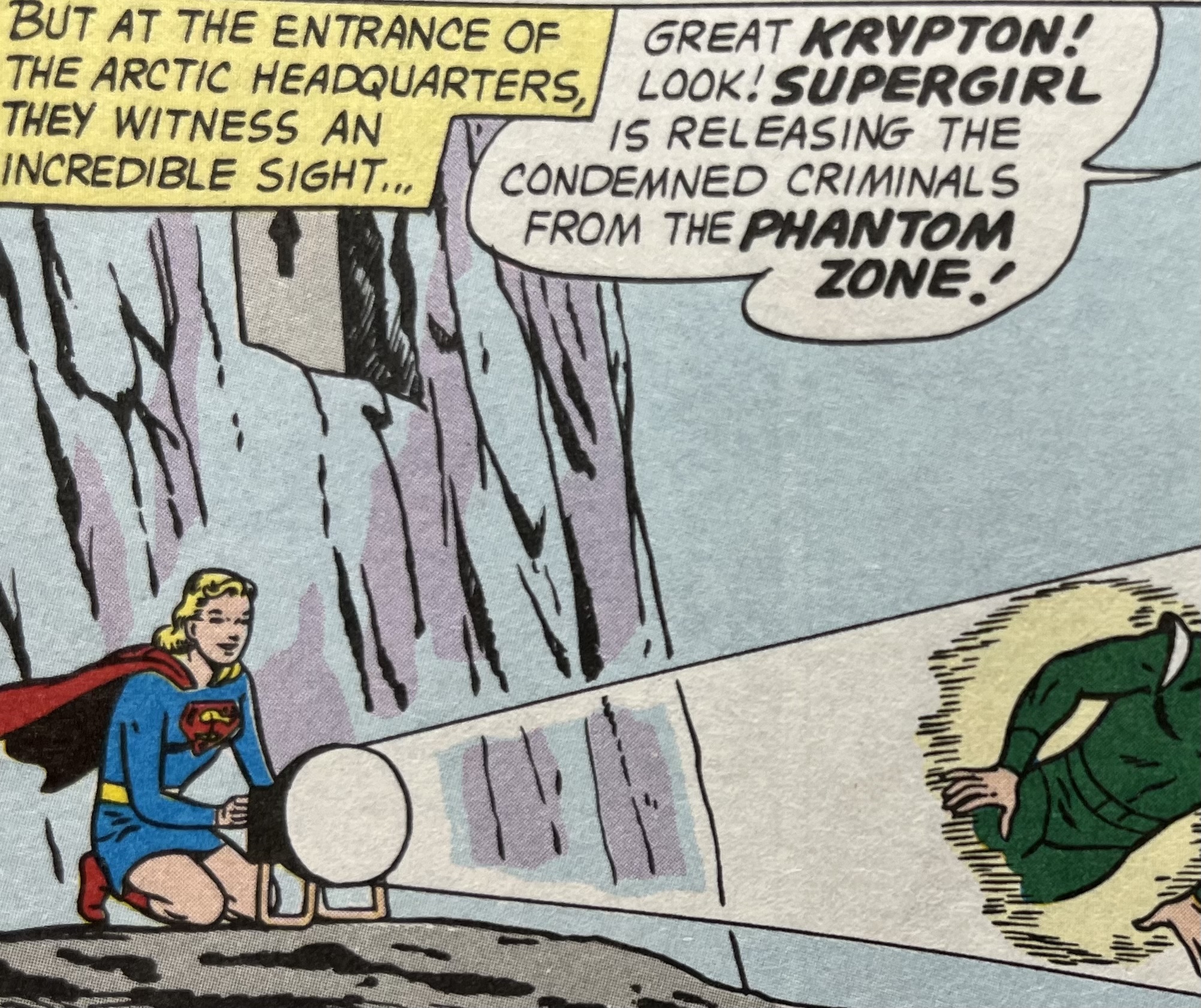

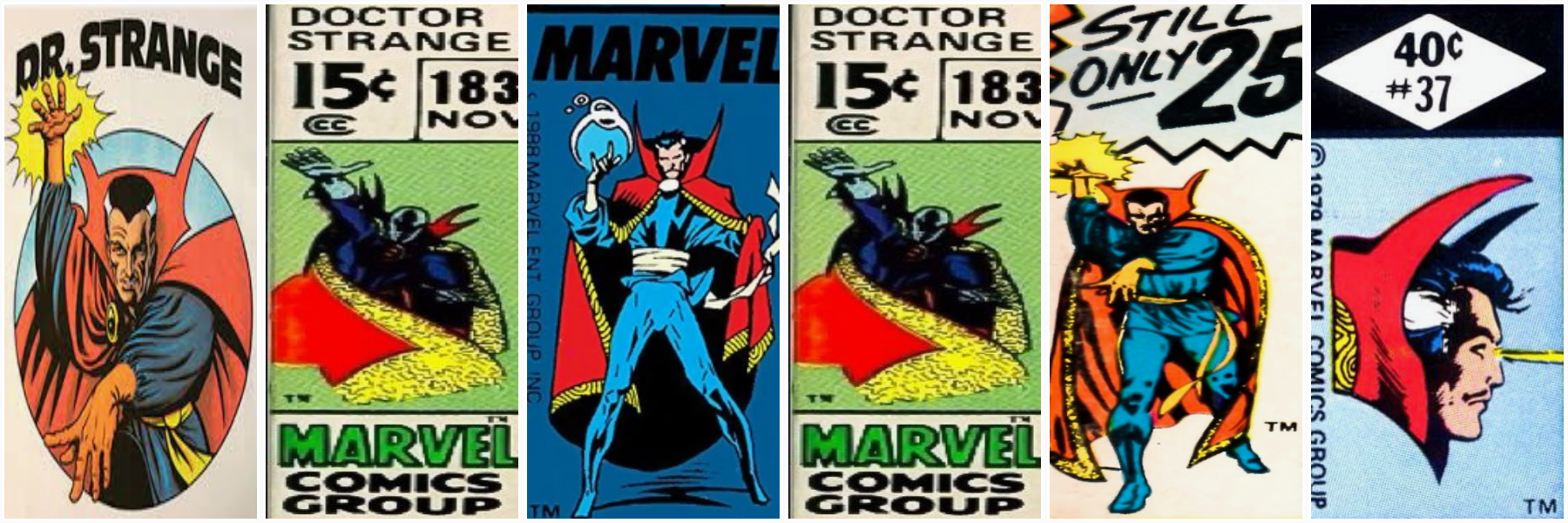





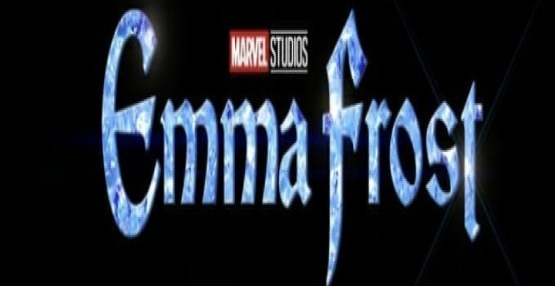



!["Superman" (2025) Brings Heart, High Stakes, and Surprising Twists [SPOILER-FILLED REVIEW]](https://www.supermansupersite.com/Superman_2025_Retro_Poster.jpg)

 English (US) ·
English (US) ·